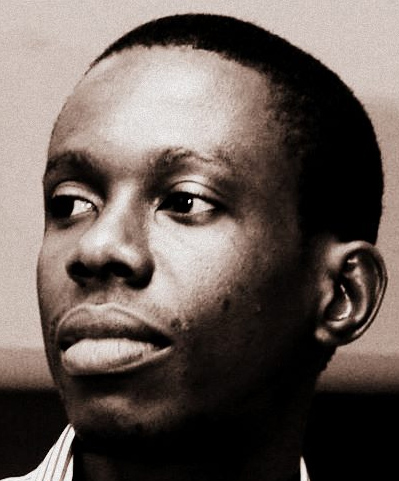BY Ojo Maduekwe
I was in a male-dominated gathering and as it is with men, the conversation was about politics and one man said and I paraphrase: “Why are the Niger Delta Avengers blowing up pipelines and the people from that area claiming that the oil belongs to their region. They have forgotten that there was a time in Nigeria that agriculture from the North and Middle Belt was used to develop the entire country.”
Mr Anonymous assertion questions Nigeria’s history. Was there a time proceeds from agricultural produce from the Northern and Middle Belt regions were used in developing the “entire” country?
Did someone distort history by telling us that the one-time Premier of the Western region, Obafemi Awolowo, used proceeds from cocoa and rubber in developing the Southwest which includes running his famous free education policy? Also, in developing the Southeast, did the groundnut pyramids from the North play any role or it was Palm Oil that Michael Okpara used to develop the region?
Again I ask, was agricultural produce from the North and Middle Belt used in developing the entire country? Answering this question and addressing other such misconceptions is important and should be done now that there appears to be a cold war like kind of debate about the sovereignty of Nigeria between persons from the North and South of the country, with the recurrent undertone being Resource Control.
When it comes to the issue of resource control, Nigeria is divided into two. In the north are a group with a sense of entitlement who argues that agricultural produce from their region was used to develop the “entire” country, including the agitating South-south; and in the south are a group who feel short-changed by the north who they accuse of “owning” their resources and have for years exploited it to enrich themselves and to develop their region.
It wasn’t exactly Mr Anonymous distortion of history that got me thinking but his assertion that the “entire” country was once developed using proceeds from agriculture, therefore suggesting that it was not in the place of the Niger Delta region to seek to own their resources. To him the oil is Nigeria’s commonwealth. Interestingly, on the issue of restructuring Nigeria, President Muhammadu Buhari shares Mr Anonymous feeling of entitlement, refusing repeated calls by various groups and individuals to restructure the country.
In May, while speaking at the palace of the Emir of Katsina, AlhajiAbdulmumini Kabiru Usman, on calls by Biafra agitators for the dissolution of Nigeria, Buhari was quoted as saying that: “The way the Sahara is advancing, with Boko Haram, growing number of people and uncertainty over rainfall, in a land where we fought civil war leading to the death of about two million, for someone to just say he will chase us out? So where do we go?” This in a way explains Buhari’s handling of the Fulani herdsmen issue.
To Buhari, the mention of restructuring or resource control connotes a dissolution of the country. The president on several occasions and recently in response to the demands of the militant group, the Niger Delta Avengers, has reiterated his stance on Nigeria’s sovereignty in the following words: “One Nigeria is not negotiable.” The president appears to be speaking for the North. The above statement was endorsed by the most vocal pro-Northern interest organisation, the Arewa Consultative Forum (ACF), with a “Yes. The unity of Nigeria is non-negotiable…”
Though the Afenifere and Ohaneze – both pro-Western and pro-Eastern interest organisations respectively – disagrees with Bubari and the ACFs, it is Professor Wole Soyinka’s response to Buhari in an earlier statement on the same issue of restructuring that’s bloody (if I may borrow the Professors word) worth quoting: “It’s bloody well negotiable and we had better negotiate it. We better negotiate it, not even at meetings, not at conferences, but everyday in our conduct towards one another”.
If Buhari is serious about quelling renewed agitations in the South then he must push for Nigeria’s restructuring so that States can control resources within their territory. This move, beyond silencing these agitations, will provide for healthy competition between the various States of the federation. Anything short of this will only acerbate the renewed armed conflicts by militants in the South-south and keep Biafra separatists on the streets of Southeast States.
Bubari should reflect on his Katsina statement and heed his own advice: “We have to reflect on the historical antecedent to appreciate what is before us now and what we intend to leave for our children and our grand children.” Historically speaking Nigeria was said to be doing well practicing regional government until for politically reasons General Yakubu Gowon in 1967 split the Northern, Western, Mid Western and Eastern regions to create 12 States.
Buhari is already being judged by history. “The country is divided under him than before”, so claims the National Publicity Secretary of the Afenifere, Yinka Odumakin. Fortunately for Buhari, there’s still time to rewrite his own history. If he will push for States to control their resources, he will leave a lasting legacy of a one indivisible Nigeria devoid of rancour between the North and South.
Maduekwe, a politics writer, is editor at Discussing Africa. You can follow him on Twitter @Ojo_Maduekwe
